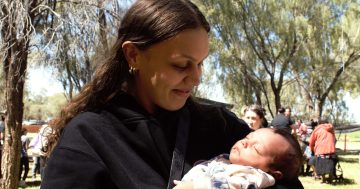 Research by Kenya journalists has revealed the extent of disruptions to the Kenya Public Service as retirements in its ageing workforce continue.
Research by Kenya journalists has revealed the extent of disruptions to the Kenya Public Service as retirements in its ageing workforce continue.
“While public sector institutions are supposed to have a skills transfer policy, many struggle to implement it,” the researchers said.
“Now the ageing workforce is exposing the public sector to possible loss of key skill sets, a scenario that is forcing some entities to hold onto retiring employees longer.”
They gave the example of Kenya Power, which revealed that the average age of its employees is 46 years — a scenario the public utility says poses a crisis in the next 10 years
Kenya Power expects to lose a fifth of its workforce to retirement by June 2023 and admitted that it did not have a human capital-focused business sustainability plan to ensure that key skills and talent were transferred to younger workers.
“The exiting staff will form a rich database of experienced experts that we will have to call upon as resource persons or contractors when the need arises,” Kenya Power said in a statement.
In 2009, the Government changed the retirement age for Public Servants from 55 to 60 years, but the researchers said this has done little to end the ageing workforce crisis.
“The Nairobi City County, for instance, is grappling with an ageing workforce after several failed attempts to rejuvenate the old workforce,” the researchers said.
“The problem was identified about eight years ago but not much has been achieved in hiring a younger workforce.”
Chair of the County’s Public Service Board, Thomas Kasoa said without a policy on a human resource succession plan, the problem would only get worse.
He was speaking after an audit showed about three-quarters of City Hall workers were aged more than 50 years.
“The last recruitment was done almost 20 years ago,” Mr Kasoa said.
“Those people are now over 45 years old and if we don’t have a succession plan in terms of human resource, then the County Government will soon grind to a halt,” he said.
The researchers found that while there was plenty of awareness of the problem, to date, few organisations seemed to be doing anything about it.
Nairobi, 25 February 2022











